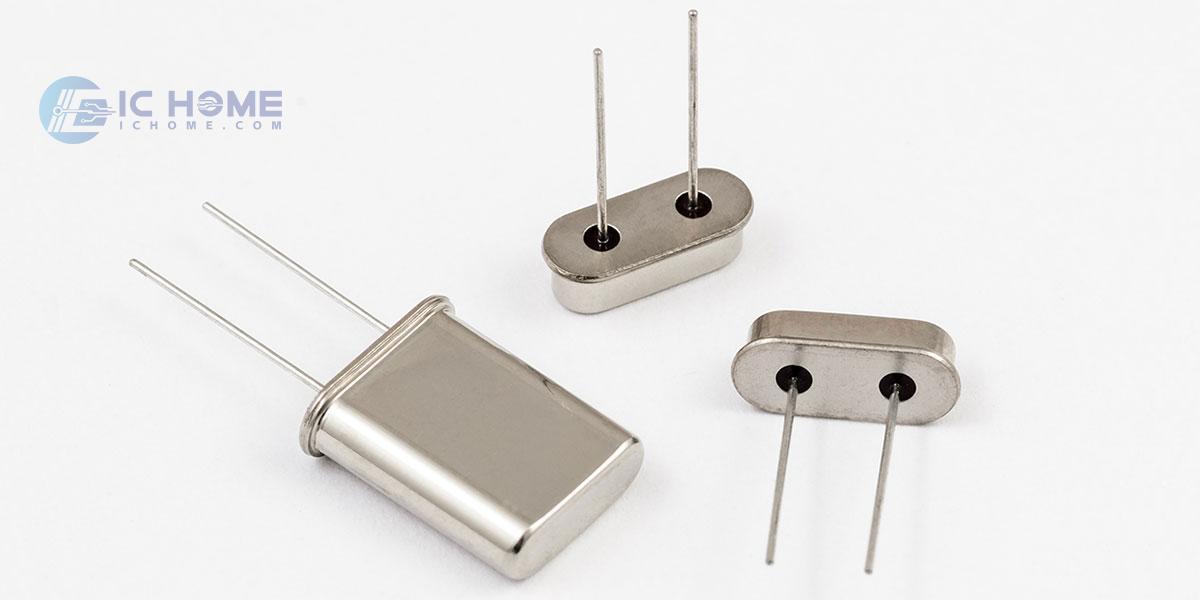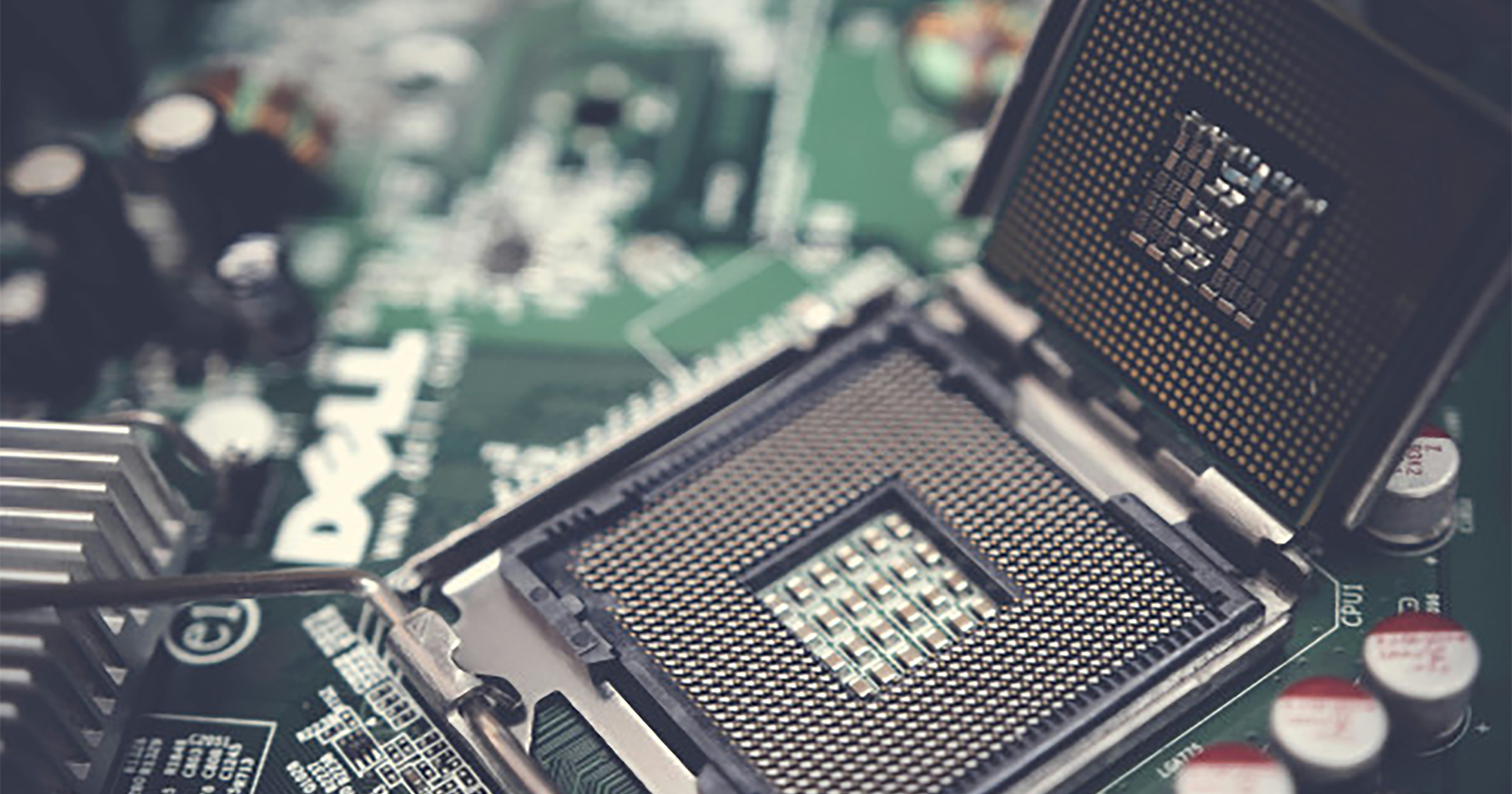Applications of Oscillators in Electronic Components
Oscillators are fundamental components in electronic circuits, providing a stable frequency source that’s crucial in a vast array of applications. Their roles span across multiple industries, from telecommunications to automotive systems, and they are essential in ensuring the reliability and performance of digital and analog circuits. In this article, we delve into popular oscillator models, examine their applications, and explore the specifications engineers and procurement professionals need to consider when selecting oscillators.

Manufacturer-Backed Part Numbers of Oscillators
Many reputable manufacturers produce oscillators with unique features that cater to diverse requirements. Leading brands like Epson, TXC, and Abracon offer oscillators optimized for frequency stability, temperature tolerance, and longevity. For example:
Epson SG7050 Series: High precision, the SG7050 series provides frequencies from 1 MHz to 125 MHz. This oscillator is valued for its high temperature tolerance, making it ideal for applications in extreme environments.
TXC 7M Series: Low power consumption and are popular in mobile and battery-powered devices. This makes them a preferred choice in applications that prioritize energy efficiency.
Abracon ASV Series: Used in audio and video applications due to their low phase noise.
When evaluating oscillator models, users should check the manufacturer’s specifications on temperature stability, aging, and power consumption, as these factors directly influence an oscillator's performance and longevity in various applications.
Primary Applications of Oscillators in the Industry
Oscillators are essential across multiple fields and applications, each demanding specific performance characteristics. Here are a few prominent applications:
Telecommunication and Networking: Oscillators in this domain need to provide high frequency stability to maintain signal integrity in equipment such as routers, switches, and base stations. Quartz crystal oscillators and temperature-compensated oscillators (TCXOs) are popular choices here, given their precision and reliability.
Automotive Electronics: Oscillators used in automotive applications, such as advanced driver assistance systems (ADAS), infotainment, and engine control, require a robust build to withstand vibrations, temperature fluctuations, and harsh operating environments. MEMS-based oscillators, which are highly resistant to mechanical stress, have become prominent in these systems.
Consumer Electronics: Products like smartphones, tablets, and wearables rely on low-power oscillators that extend battery life while maintaining accurate timing functions. In these applications, oscillators need to offer a balance between compact size, low power consumption, and frequency stability.
Industrial Control Systems: Industrial systems require oscillators that can operate continuously with minimal drift and high temperature stability. High-precision oven-controlled crystal oscillators (OCXOs) are often chosen for these applications as they offer exceptional frequency stability over a wide temperature range.
Key Specifications: Frequency, Package, and Case
When selecting an oscillator, a clear understanding of its specifications is critical.
Frequency Range: Frequency requirements vary widely depending on the application. Oscillators used in telecommunications may require higher frequencies (e.g., 10 MHz to 100 MHz) compared to those in consumer electronics. Engineers should evaluate the oscillator’s frequency stability, as it directly affects signal integrity and system performance.
Temperature Stability: Environmental factors such as temperature fluctuations can impact oscillator performance. TCXOs and OCXOs are designed to maintain stable frequencies across a wide temperature range, making them ideal for applications where thermal stability is essential.
Power Consumption: For battery-powered and portable devices, low-power oscillators are critical to extending battery life. Devices like micro-electromechanical systems (MEMS) oscillators consume less power and are highly resistant to temperature changes, which makes them suitable for portable applications.
Package and Case Options: Oscillators come in different packages, including surface-mount device (SMD) and through-hole. SMD oscillators are compact and better suited for high-density applications, while through-hole packages are robust and can withstand higher mechanical stress, making them ideal for industrial and automotive applications.
Innovative Technologies in Oscillators
With the growing demands for stability and miniaturization in modern devices, manufacturers are investing in innovative oscillator technologies. MEMS oscillators, for instance, are quickly gaining traction as they offer superior shock resistance, power efficiency, and temperature stability compared to traditional quartz oscillators. Furthermore, advances in frequency synthesis techniques enable precise tuning and customization of oscillator frequencies, which is increasingly important in applications where exact frequency control is required, such as in RF systems and high-speed data transmission.
Conclusion
Oscillators remain a backbone of electronic systems, ensuring stable, reliable frequencies across applications as diverse as telecommunications, automotive electronics, consumer devices, and industrial systems. As oscillator technology advances, new models with enhanced performance characteristics emerge, offering engineers and procurement professionals a variety of options to suit specific project needs. By understanding the distinctions in oscillator types, specifications, and applications, professionals can make informed choices that contribute to the overall efficiency, reliability, and performance of their designs.
For more information or to request a quote, please feel free to send us an RFQ.




